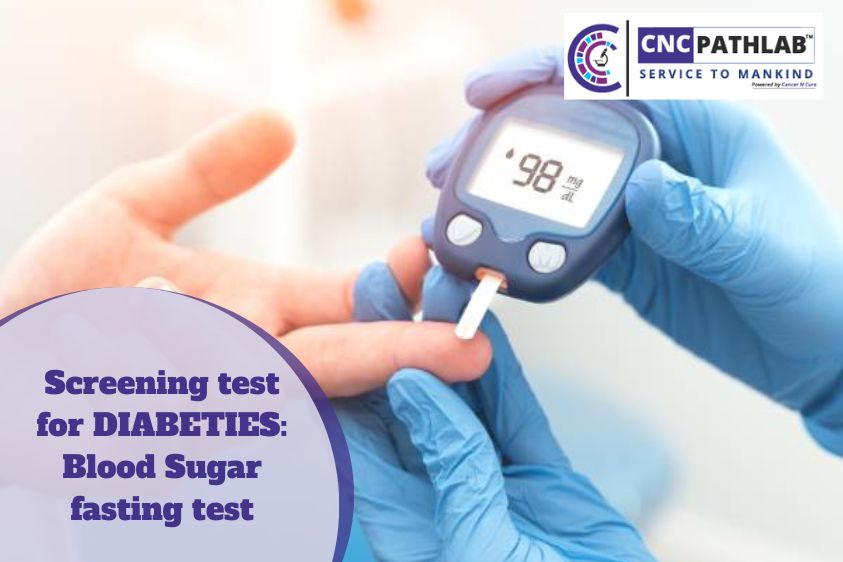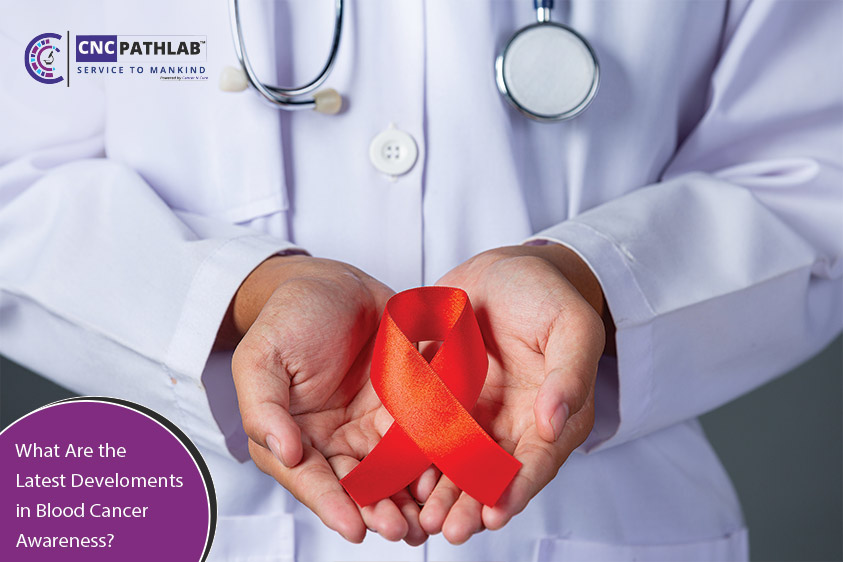Screening Test For DIABETIES: Blood Sugar Fasting Test
What is blood sugar fasting test?
A fasting blood sugar fasting test is also called a fasting blood glucose test. It measures your sugar levels after fasting for at least 8 hours. Glucose is the main sugar found in your bloodstream and high levels after fasting may point to diabetes.
While fasting before the test, you can still drink water, but anything like coffee, tea, juice, and sodas should be avoided. A healthcare professional will draw blood for a vein in your arm, which will be sent to the lab for analysis.
After a meal, your blood glucose levels will normally increase over a few hours as you break down and absorb dietary carbohydrates. In healthy people, the pancreas will produce insulin to move glucose into tissues and out of the bloodstream. Thus, glucose levels will gradually drop after eating and stay low during fasting.
People with diabetes either don’t have enough insulin to reduce blood glucose (type 1 diabetes) or their body cannot effectively use insulin (type 2 diabetes). In a fasting blood glucose test, diabetics will have much higher blood sugar levels than non-diabetics, which can lead to many health problems in the long run.
Who Should Do the Test?
According to the American Diabetes Association, screening for diabetes is recommended in people over 45, or at any age if you have certain risk factors, including:
- Being overweight
- Having a close relative with diabetes
- Belonging to a certain race/ethnic group
- Having signs of insulin resistance
- Gestational diabetes
Normal Range
Normal fasting blood glucose levels in healthy people are 70 – 125 mg/dL or 3.9 – 6.9 mmol/L.
- Low blood sugar or hypoglycemia – below 70 mg/dL in diabetics or around 55 mg/dL (3 mmol/L) in healthy people.
- High blood sugar or hyperglycemia – above 126 mg/dL or 7 mmol/L.
High Fasting Blood Sugar
For the purposes of this article, we will treat blood sugar in the range of prediabetes and above (>100 mg/dL or >5.6 mmol/L) as high.
Causes
Causes shown below are commonly associated with high glucose levels. Your doctor will interpret this test, taking into account your medical history and other tests results.
Chronic conditions that can increase fasting glucose levels include:
- Insulin resistance
- Obesity
- Type 1 and 2 diabetes
- Pregnancy and gestational diabetes
- Fatty liver and other liver disease
- Kidney disease
- Hyperthyroidism
- Stress due to illness, injury, or surgery
- Endocrine disorders
- Pancreatitis or cancer
The following factors also increase blood sugar levels:
- Over-eating
- Acute and chronic stress
- Poor sleep quality
- Smoking
- Air pollution
- Chronic exposure to toxins
- Many drugs can increase glucose level
- Drugs that treat high blood pressure
- Epinephrine/adrenalin
- Estrogen and oral contraceptives
- Lithium
- Anti-seizure medication Phenytoin
- Glucocorticoids Niacin


.jpg)


.jpg)
